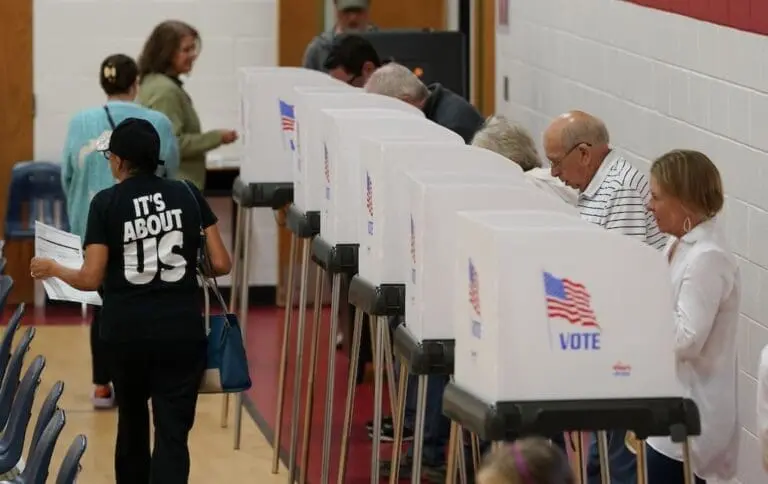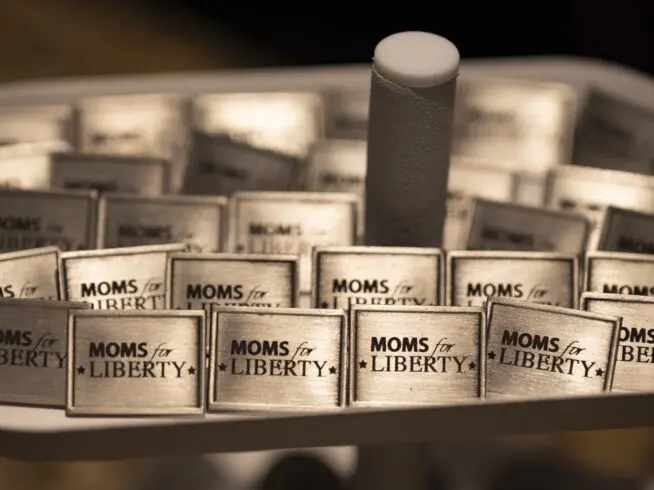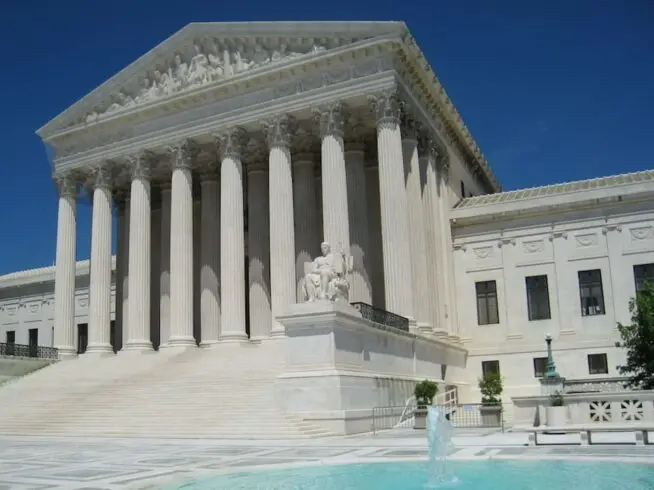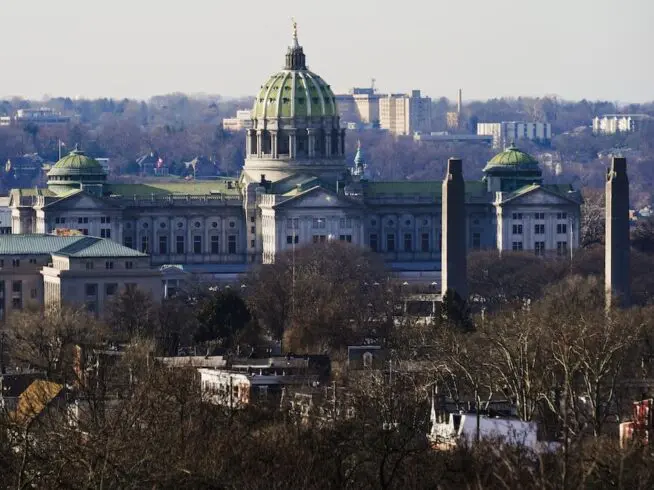Election Day could have sweeping implications for the fate of abortion rights
Abortion is either explicitly or tacitly on the ballot this election cycle in Ohio, Pennsylvania, and Virginia.

The fate of abortion rights in America is once again on the ballot on Tuesday, when voters in Ohio, Pennsylvania, and Virginia head to the polls.
Voters in each of the three states are either explicitly voting on whether abortions should remain legal or voting for elected state positions that have the power to either ban abortions or rule on the constitutionality of abortion laws.
Ohio’s election could have the most immediate impact on abortion rights.
Ohioans are voting on Issue 1, a proposed amendment to the state Constitution that would declare, “Every individual has a right to make and carry out one’s own reproductive decisions” and that abortion can only be prohibited after fetal viability.
A six-week abortion ban in Ohio is temporarily blocked pending a legal challenge. The six-week ban — which prohibits abortion at such an early stage of pregnancy that many don’t even know they are pregnant yet — was passed in 2019, but was unenforceable due to Roe v. Wade. When the U.S. Supreme Court overturned Roe, the law went into effect until a court temporarily blocked its enforcement.
If Issue 1 passes, the six-week ban will be nullified.
However, if Issue 1 fails, abortion rights supporters believe the state Supreme Court will allow the six-week ban to go into effect.
“It’s just really terrifying to think about. I don’t know anyone who’s not scared,” Sri Thakkilapati, executive director of the Preterm abortion clinic in Cleveland, told the Guardian. “There’s a kind of moral injury that comes with fighting so hard to provide this care, because you think it’s the right thing – and then not being able to do it and having to turn literally hundreds of people away each week.”
Abortion providers in neighboring Pennsylvania fear that if Issue 1 fails, patients from Ohio could overwhelm their organizations.
“Pennsylvania has experienced an influx of abortion patients with many of those patients coming from Ohio,” Planned Parenthood Pennsylvania Advocates Executive Director Signe Espinoza said in an interview with the Pennsylvania Capital-Star in August. “Their patient load is expected to increase significantly if Ohio’s abortion ban, which is currently blocked, ever goes into effect.”
Meanwhile, Pennsylvanians are voting to fill a vacant state Supreme Court seat. The outcome of the election could also impact abortion rights.
The court, which has a 4-2 Democratic majority, is currently weighing whether to uphold a law in the state that bans the use of Medicaid funds for abortion care.
Democratic nominee Dan McCaffery has said he will defend abortion rights if elected to the bench. Republican nominee Carolyn Carluccio has been quiet about her position on abortion; however, she is endorsed by anti-abortion groups.
In Virginia, control of both chambers of the General Assembly are up for grabs.
Virginia Republican Gov. Glenn Youngkin said Monday night at a rally for Republican legislative nominees that if the GOP wins both the House of Delegates and the Senate, he will work to push through a ban on abortion at 15 weeks’ gestation.
“Reminder: the right to abortion is on the ballot this election,” Virginia Democratic Sen. Tim Kaine tweeted on Nov. 5. “Governor Youngkin and Virginia Republicans have vowed to enact an extreme abortion ban if they win back control of the state legislature. We can’t let them succeed.”




